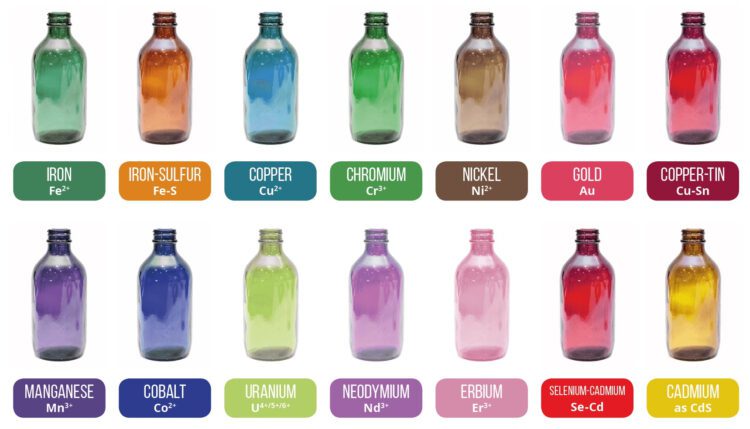
Coloured glass ornaments are created using a variety of metal oxides. For those with ‘boffin leanings’ here are some of the metals that are used to create colourful art glass.
Cadmium Sulfide
Cadmium sulfide is used in the making of coloured glass to turn the glass into a beautiful shade of yellow.
Gold Chloride is used to make red glass. Shame you can’t use red-coloured glass to make gold!
Cobalt Oxide
Cobalt Oxide is used to make glass that has a blue/violet tint to it.
Manganese Dioxide
Manganese Dioxide is used to make purple glass ornaments.
Nickel Oxide
Nickel Oxide is used to make violet-coloured glass.
Sulfur
Sulfur is used to create glass with a yellow-amber tint to it.
Chromic Oxide
Chromic Oxide is used to make emerald-green glass.
Uranium Oxide
Uranium Oxide is used to make glass that is either fluorescent green or fluorescent yellow and was the secret ingredient in making Vaseline Glass.
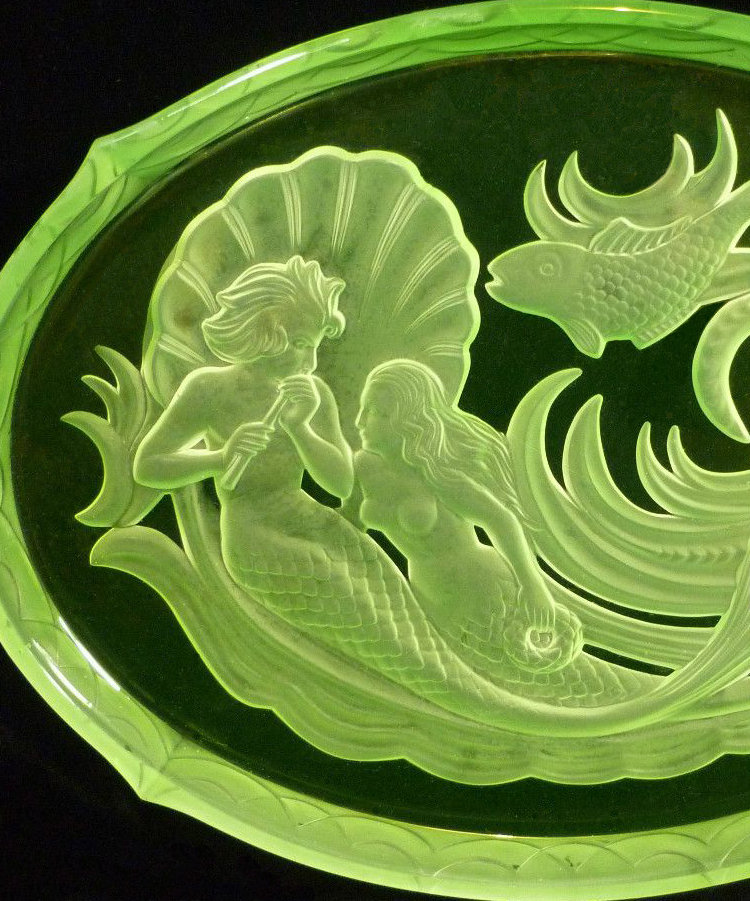
Iron Oxide
Iron Oxide produces coloured glass ornaments that are a darker shade of green. It can also make glass in a brown shade.
Selenium Oxide
Selenium Oxide is often used to create red ornaments and it can be used to produce many shades of red.
Carbon Oxides
Carbon Oxides are used to create glass with an amber-brown tint to it.
Antimony Oxides
Antimony Oxides are used to take clear glass and make it snow white. Tin Compounds can also be used to create white glass for ornaments.
Copper Compounds
Copper Compounds are used to make glass in shades of red, green and blue.
Lead Compounds
Lead Compounds are used to make glass the basic shade of yellow and lead is also used to make glass crystal.
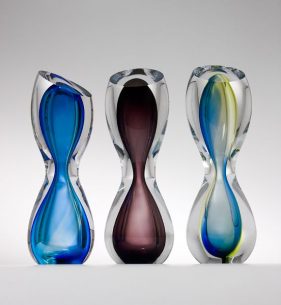 Minerals
Minerals
Minerals that are used to give coloured glass its colour are taken from mines and put through the process of removing the impurities.
Once the impurities are removed, colouring agents are manufactured and then used to create coloured glass for ornaments and other purposes.
The Process of Producing Coloured Glass
There is a process involved in producing coloured glass. Certain factors must be present in order for the process to have the desired outcome. This includes the correct temperature of the batch of glass, the temperature it is exposed to during the reheating process, the temperature of the oven/furnace the glass is put in and how long the glass is put through this process.
Other important factors include the colourant type and how concentrated the colourant is to begin with.

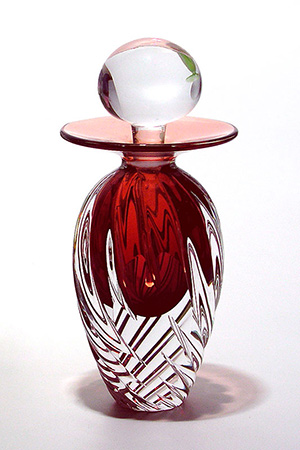
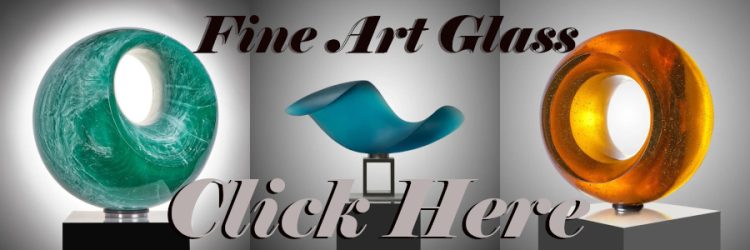
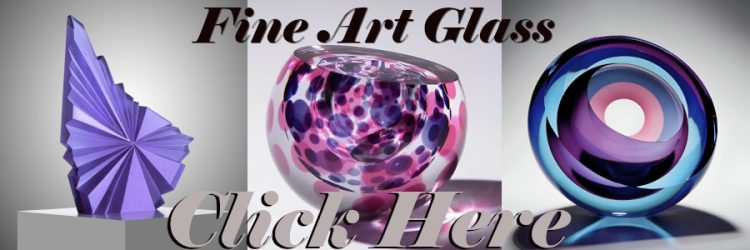
Apart from carbon monoxide and carbon dioxide what carbon oxides exist to colour glass?
Hi Carol. I have added an image (coutesy of Compound Interest) which shows all the various oxides used to colour glass.